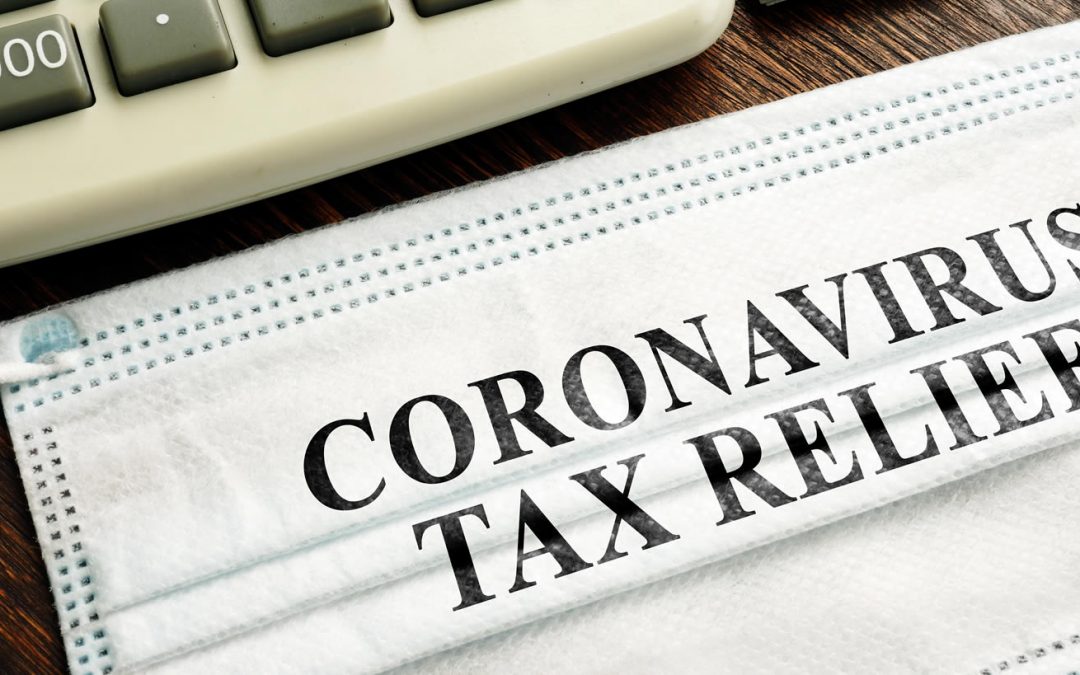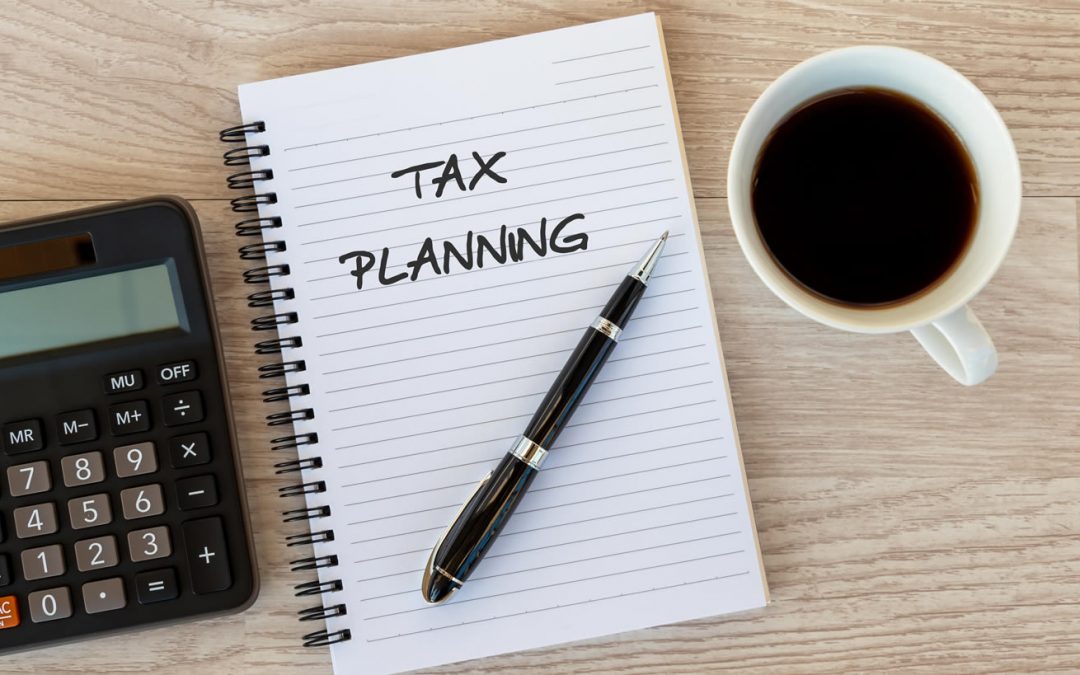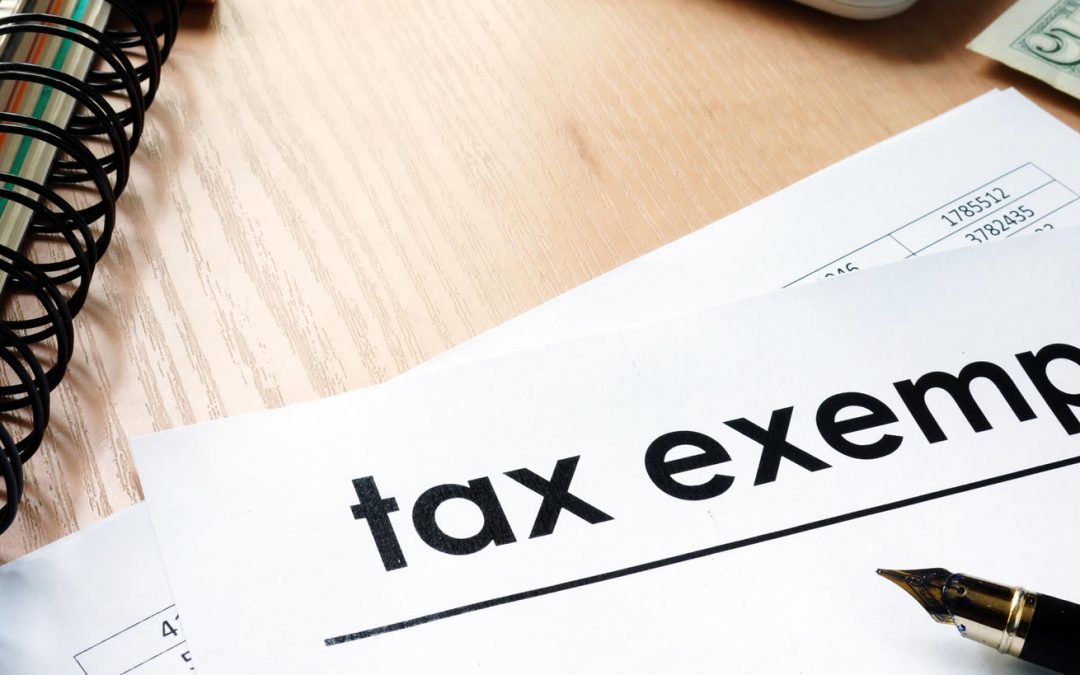Although tax season usually starts in late January, this year, the tax filing season is delayed until February 12, 2021. The delayed start date for individual tax return filers allowed the IRS time to do additional programming and testing of IRS systems following the December 27, 2020, tax law changes that provided a second round of Economic Impact Payments and other benefits to many taxpayers. This programming work is critical to ensuring IRS systems run smoothly to minimize refund delays and ensure that eligible people will receive any remaining stimulus money as a Recovery Rebate Credit when they file their 2020 tax return. File Electronically for Faster Refunds Last year's average tax refund was more than $2,500. Once again, the IRS anticipates that nine out of 10 taxpayers will...









